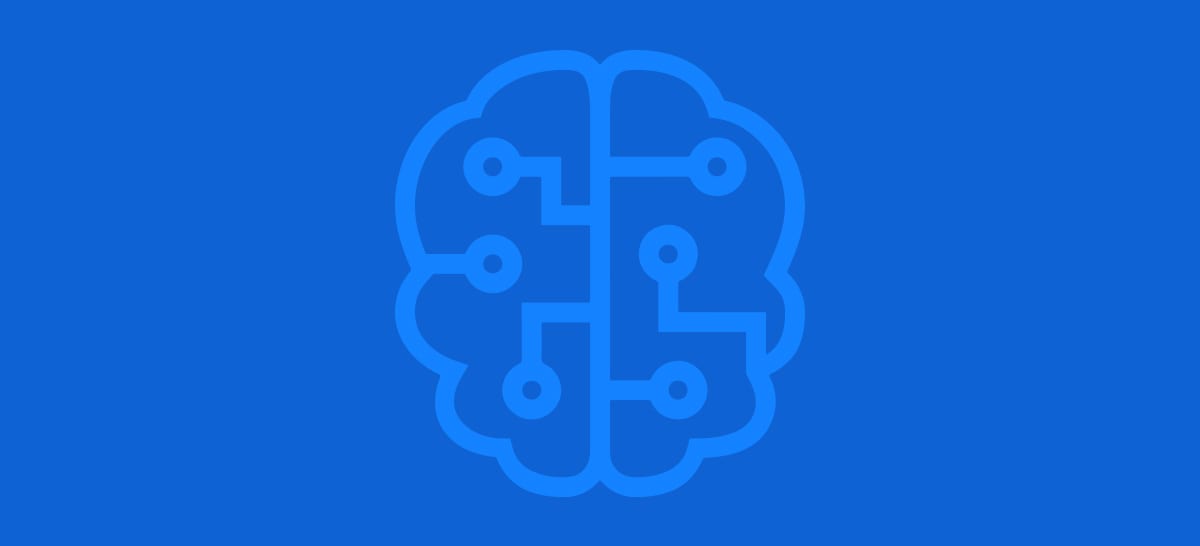Over the years I’ve learned that being a PPC analyst means being in a state of constant learning and adaptation. You are often asked to solve a wide variety of problems from technical troubleshooting to complex data analysis. The skills and abilities to meet these needs are varied and you often don’t possess everything you need to solve the problem immediately. This can lead to frustration.
What follows are a few things I’ve learned to remind myself during those frustrating times.
You can’t and won’t know everything
PPC technology is vast and ever changing. You cannot keep up with all there is to keep up with. From the ad platforms to analytics to tracking to data analysis, there is not enough time in the day to keep on top of it all. So, what can you do?
You simply have to get comfortable with not knowing.
It’s okay to not know. It’s okay to not have an immediate solution or insight. It’s okay to take the time to reflect on a problem. You often will come up with a better solution and save a lot of headache in the end.
Spend the time to learn the tech
With so much technological change in the field it’s easy to want to jump right in and start helping. This often backfires as you don’t have the general knowledge you need to understand what you might need to do.
You can’t see the forest for the trees.
So, take the time to learn about the technology you’re trying to fix or the data you’re trying to pull. Ask yourself questions like:
- Where might you locate the type of data you need?
- Do you need to pull from multiple places and aggregate?
- What might be the best tool to do that?
- Are there any oddities about a platform or tool you need to know about that could affect your analysis?
There are a ton of questions that can be answered by taking a step back and thinking through the problem at a high level.
Always be adding to your toolbox
The analyst toolbox is the foundation of an analyst’s ability to do their job. That toolbox contains everything from knowledge of ad platforms and analytics tools to spreadsheets and coding that can help solve a variety of problems.
It can be easy to invest time in the tools you know because it’s easier to build upon a foundation than build from scratch, but you just might be missing out on tools that can be helpful in the long term.
For instance, spreadsheets are still the foundation of data analysis in many places and they have their place, but there are often problems that simply can’t be done in a spreadsheet or are done far more efficiently elsewhere. This is where some coding and database knowledge in your toolbox can provide that extra help you need.
Always be on the lookout for more tools to help you.
Conclusion
Being an analyst is full of complexity. The need to find a solution can be strong and the frustration when running into roadblocks even stronger. These three concepts have helped me develop a mindset to survive that frustration. At the very least, I hope they help guide you in developing your own mindset.




